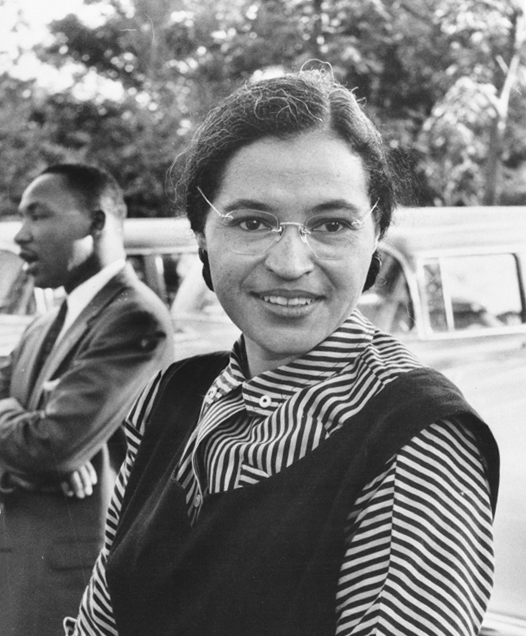Tom Krause’s words strip courage down to its essence: it’s not about fearlessness or guaranteed success. True courage arises when you recognize the risk of failure yet choose to act anyway. It’s about embracing uncertainty, stepping into the unknown, and giving your best effort even when the odds are against you.

Courage is the discovery that you may not win and trying when you know you can lose. …… Tom Krause
This type of courage is what propels people to achieve remarkable things. Whether it’s pursuing a dream, standing up for your beliefs, or facing personal struggles, courage is the quiet but powerful force that pushes you forward.
A Real-Life Lesson: The Courage of Rosa Parks and Everyday Heroes:
Courage often appears in many forms—sometimes as a grand, historic stand against injustice, and other times as a quiet, personal triumph in the face of adversity. Rosa Parks’ story exemplifies the former: a single, bold act that sparked a movement and forever changed the course of history. But alongside her legacy, countless examples of everyday courage inspire us to persevere through life’s challenges.
The Courage of Rosa Parks

On December 1, 1955, in Montgomery, Alabama, Rosa Parks, a 42-year-old African-American seamstress, took an action that would ignite a nationwide movement. Exhausted from a long day’s work, Parks boarded a city bus and sat in the “colored section.” When the bus began to fill and the driver demanded she give up her seat to a white passenger, Parks quietly but firmly refused.
At the time, racial segregation laws in the South mandated that Black passengers give up their seats to white riders if the “white section” was full. Parks’ refusal to comply was not an impulsive act of defiance but a deliberate stand against the injustices of segregation. She knew the risks: arrest, harassment, or even violence. Yet she remained resolute, saying later, “I was tired of giving in.”
Her arrest galvanized the Black community in Montgomery. It led to the Montgomery Bus Boycott, a 381-day protest that brought economic pressure on the city’s transit system and highlighted the inequalities of segregation. Organized by civil rights leaders like Dr. Martin Luther King Jr., the boycott became a pivotal moment in the American Civil Rights Movement.
Rosa Parks didn’t singlehandedly dismantle segregation, but her courage set in motion a wave of activism that eventually led to the Supreme Court ruling segregation on public buses unconstitutional. Her quiet defiance demonstrated that one person’s bravery, even in the face of overwhelming odds, can create ripples of change that impact generations. Parks herself humbly remarked, “I would like to be remembered as a person who wanted to be free… so other people would also be free.”
The Power of Courage
Rosa Parks’ story and the countless examples of personal courage remind us that bravery takes many forms. The single act of defiance sparks a revolution, but it’s also the steady, determined resilience of those facing life’s challenges with grace. Both forms of courage share a common thread: the willingness to act, even when the outcome is uncertain.
Courage doesn’t guarantee immediate change or success, but it creates the possibility for transformation. Rosa Parks couldn’t have known that refusing to give up her seat would lead to a landmark movement in American history. Similarly, someone battling personal adversity might not see the results of their courage right away, but each step forward builds strength, hope, and the potential for change.


